Diamonds have long been the crowning jewel of the jewelry world, coveted for their brilliance and rarity. But when it comes to choosing the perfect diamond, the options can be as varied as they are dazzling. This guide aims to demystify the world of diamonds for the discerning shopper, focusing on the color, sourcing, and durability of natural diamonds, irradiated diamonds, and their lab-grown counterparts.
1) The Allure of Natural Diamonds
Natural diamonds are geological masterpieces formed over billions of years under the Earth's surface. Their rarity is part of their allure, but it's their natural color that often captures the imagination. Among the rarest are Australian argyle pink diamonds, known for their vibrant hues and limited availability. Their unique color is a result of specific geological conditions, making each stone a spectacular natural phenomenon.
2) The Science Behind Natural Colored Diamonds
Natural diamonds acquire their colors from the presence of certain elements or structural anomalies during their formation. For instance, the presence of nitrogen can impart a yellow hue, while boron can create a blue diamond. These colored diamonds are incredibly rare, and their natural formation process ensures that no two colored diamonds are exactly alike, each holding a unique place in the spectrum of gemstones.
3) Transforming Diamonds: The Process of Irradiation
Irradiation is a process used to alter the color of diamonds. This can be applied to both natural and lab-grown diamonds and involves exposing the stone to controlled radiation. The result is a diamond that boasts an array of colors, often at a more accessible price point than their naturally colored counterparts. However, consumers need to understand that while irradiated diamonds possess a vibrant appeal, they may not hold the same value as naturally colored diamonds in the eyes of purists.
4) Lab-Grown Diamonds: A Modern Twist
Lab-grown diamonds have emerged as a popular alternative to natural diamonds. These diamonds mimic the natural formation process, resulting in stones that are chemically and physically identical to their natural counterparts. The appeal of lab-grown diamonds extends to their irradiated versions, which offer a spectrum of color choices. These diamonds provide an ethical and more affordable option for consumers seeking the beauty of colored diamonds without the environmental impact of traditional diamond mining.
5) Making the Right Choice: Considerations for Shoppers
When selecting a diamond, consider your color preferences and the style you're aiming for. For those looking for something unique, a naturally colored diamond or an Australian argyle pink diamond may be the perfect choice. If you're more budget-conscious or are looking for specific colors, irradiated diamonds could be a great option. It's also important to consider the sourcing and ethical implications of your choice. Natural and lab-grown diamonds offer different benefits in terms of environmental impact and ethical considerations. Lastly, think about durability and care; while diamonds are famously hard, they still require proper care to maintain their sparkle.
Browse Our Collections
How to Choose a Sustainably Sourced Diamond
In today's world, where environmental impact and ethical practices are at the forefront of consumer concerns, choosing a sustainably sourced diamond is more important than ever. However, navigating this aspect of diamond shopping can be tricky. Here are some key considerations to help ensure that your diamond choice aligns with your values:
1) Ask for Certification
The most straightforward way to ensure you're purchasing a sustainably sourced diamond is to ask for certification. Look for certifications from organizations like the Kimberley Process, which aims to prevent "conflict diamonds" from entering the mainstream diamond market. Additionally, certifications from bodies like the Responsible Jewellery Council can provide assurance of ethical sourcing.
2) Understand Jewelry Origins
Knowing where your diamond comes from is a crucial step in ensuring its sustainability. Many jewelers are now able to provide detailed information about the origin of their diamonds. Opt for diamonds sourced from countries with strict environmental regulations and fair labor practices.
3) Carbon-Neutral Choices
Some companies go a step further by offering carbon-neutral and carbon-negative diamonds. These are either offset by investments in environmentally beneficial projects or produced in a way that minimizes carbon emissions. Researching jewelers who provide these options can be a meaningful step toward responsible diamond ownership.
4) Research the Retailer
Finally, the retailer's ethos and practices can be a good indicator of sustainability. Choose retailers who are transparent about their sourcing and committed to ethical practices. Retailers like Ilah Jewelry, who prioritize sustainability and ethical sourcing, can guide you toward making a choice that's not just beautiful but also responsible.
Choosing between natural, irradiated, and lab-grown diamonds comes down to personal preference, style, and ethical considerations. Whether you're drawn to the natural allure of an argyle pink diamond, the vibrant hues of an irradiated stone, or the modern appeal of a lab-grown gem, each diamond tells its own story.
Browse Our Collections
Key Takeaways
- Natural diamonds, including rare Australian argyle pink diamonds, offer unique beauty formed over millennia.
- Irradiated diamonds provide a spectrum of colors, often at a more accessible price point.
- Lab-grown diamonds offer an ethical and environmentally friendly alternative, with options for irradiation to achieve specific colors.
- Consider color preferences, budget, ethical implications, and care requirements when selecting your diamond.
By understanding the characteristics and backgrounds of these different types of diamonds, shoppers can make informed decisions that align with their values and style preferences.
ABOUT ILAH CIBIS JEWELRY
Looking for a Worcester jewelry store that carries a huge selection of air diamonds and other sustainable gemstones? We specialize in unique, colorful, responsibly sourced jewelry, gay jewelry, lesbian jewelry, and other queer-friendly jewelry as Worcester, MA's top independent jewelry store.
Radically Personal. Unapologetically Human. Made with fierce love.
-Ilah ♥ / IG: @ilahjewelry


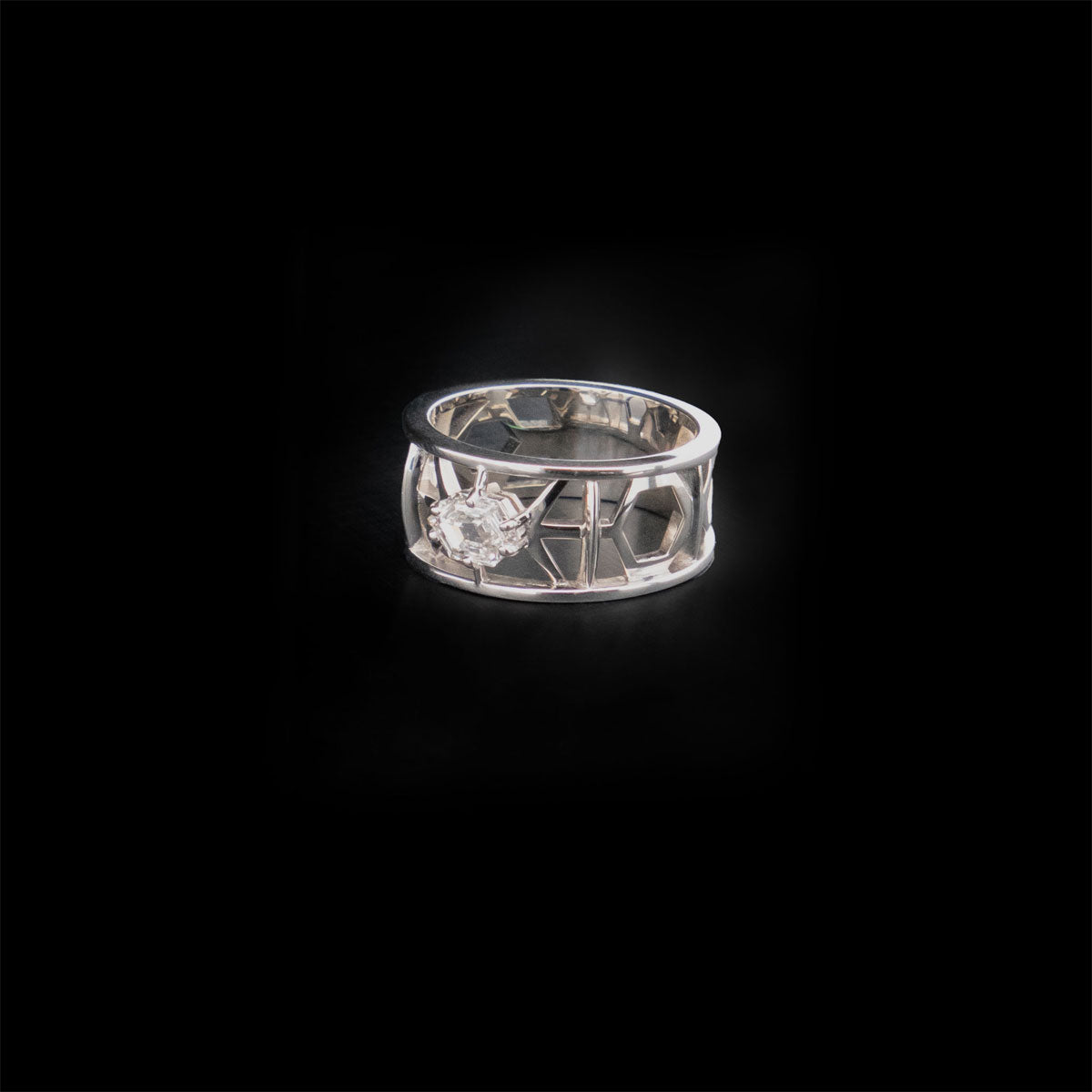
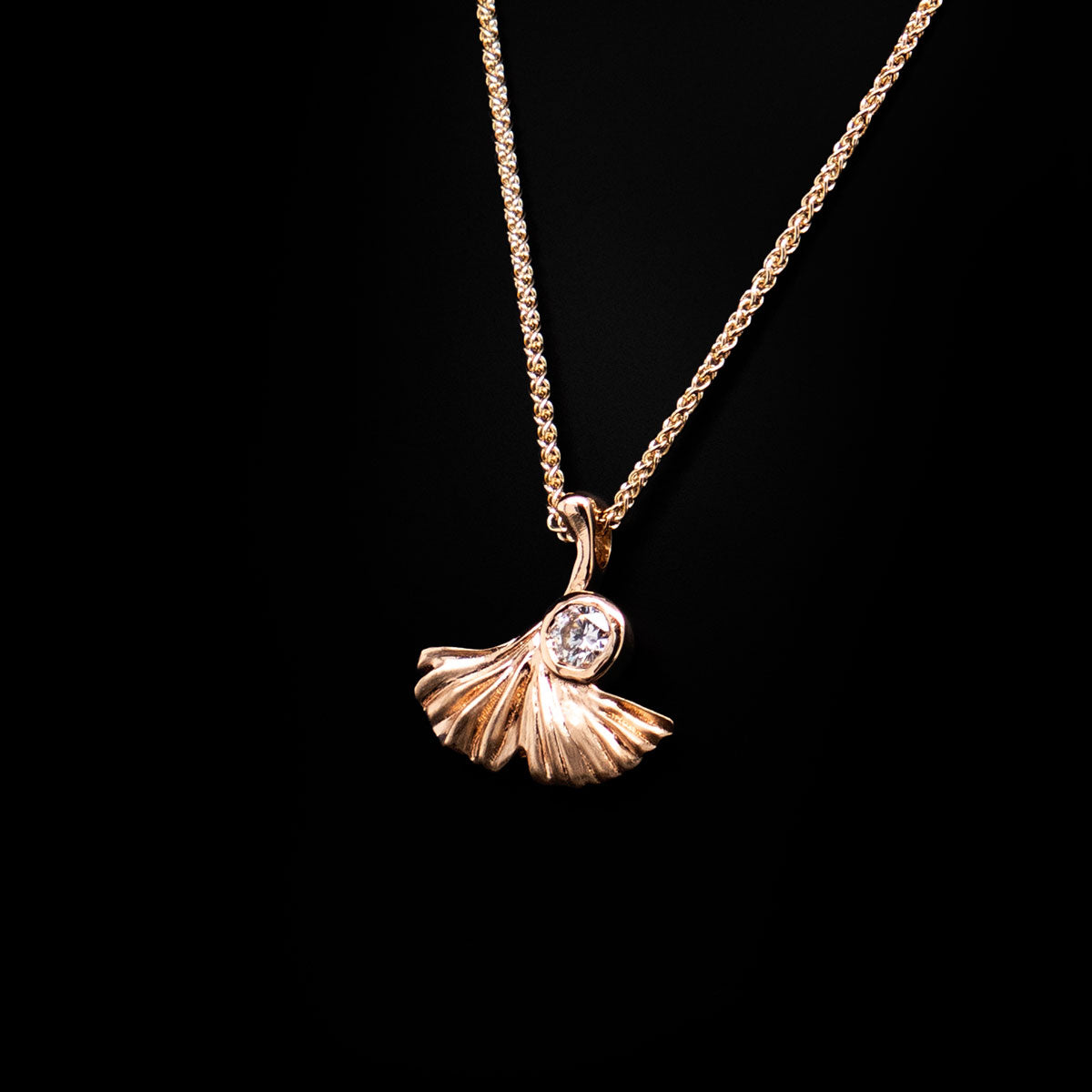
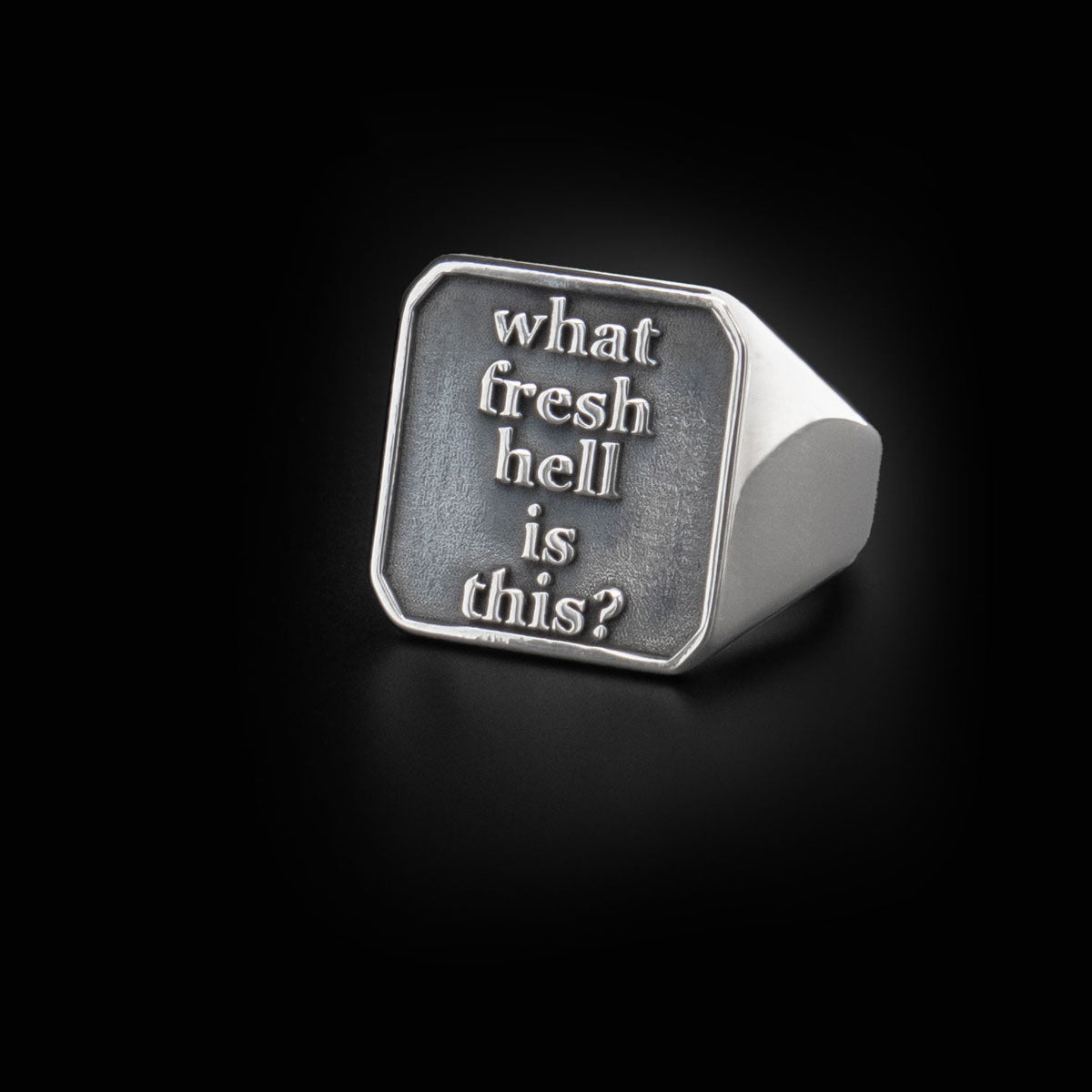
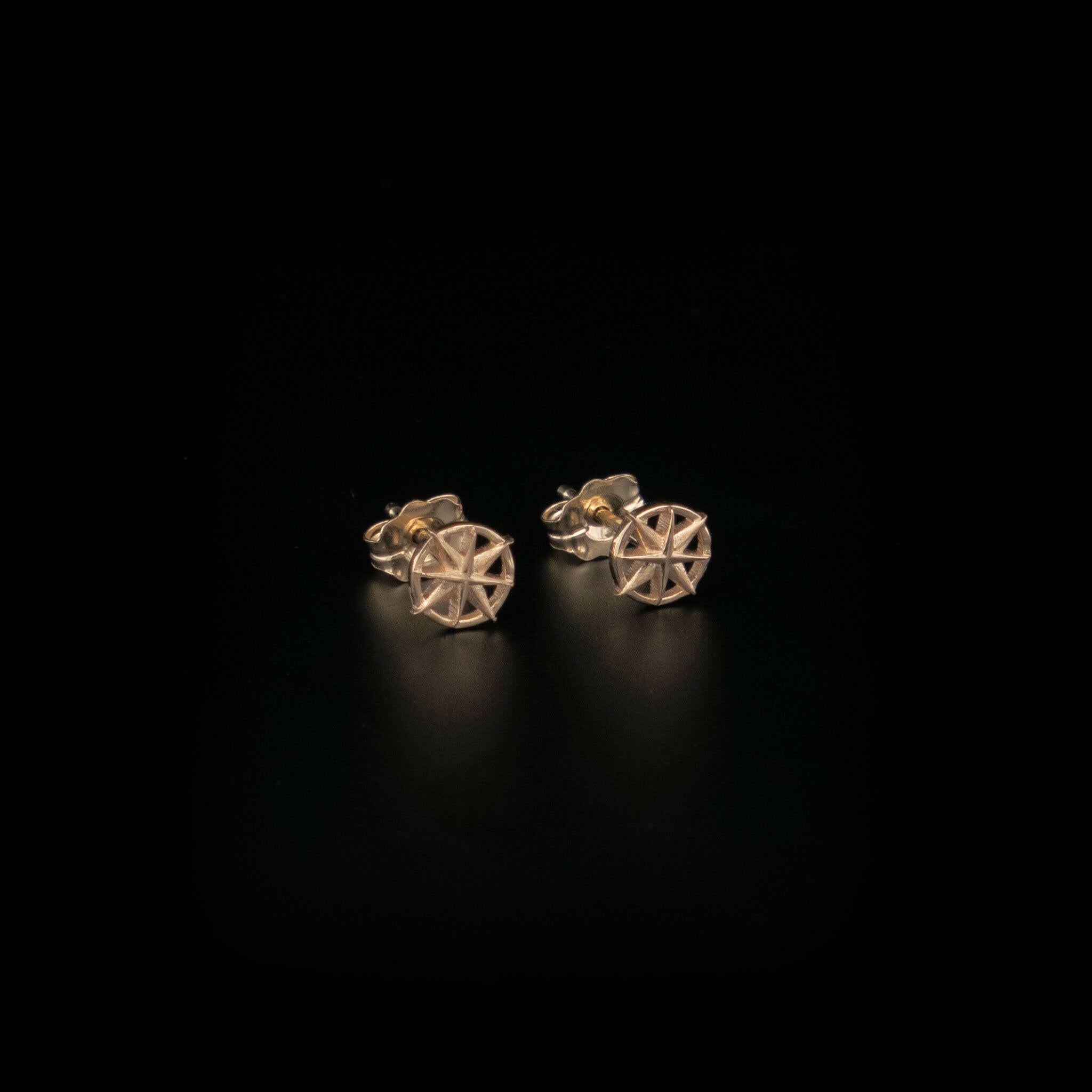
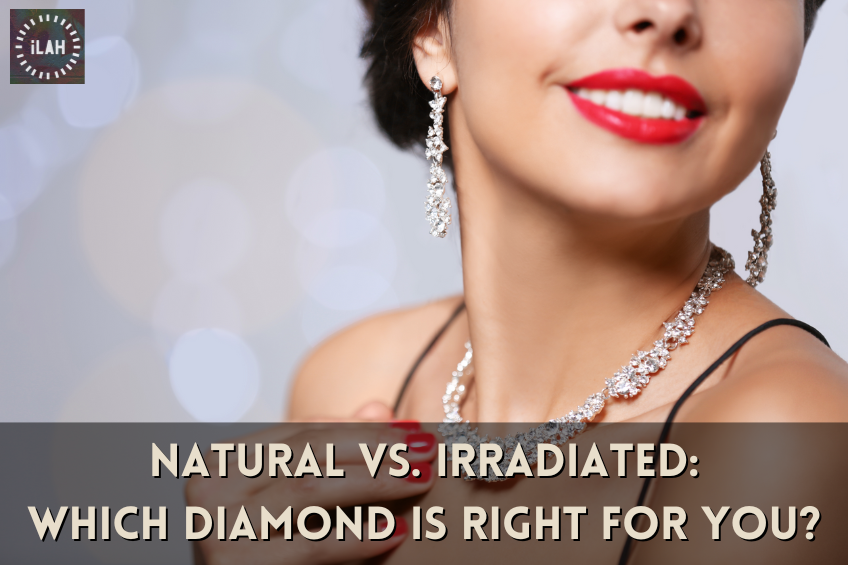

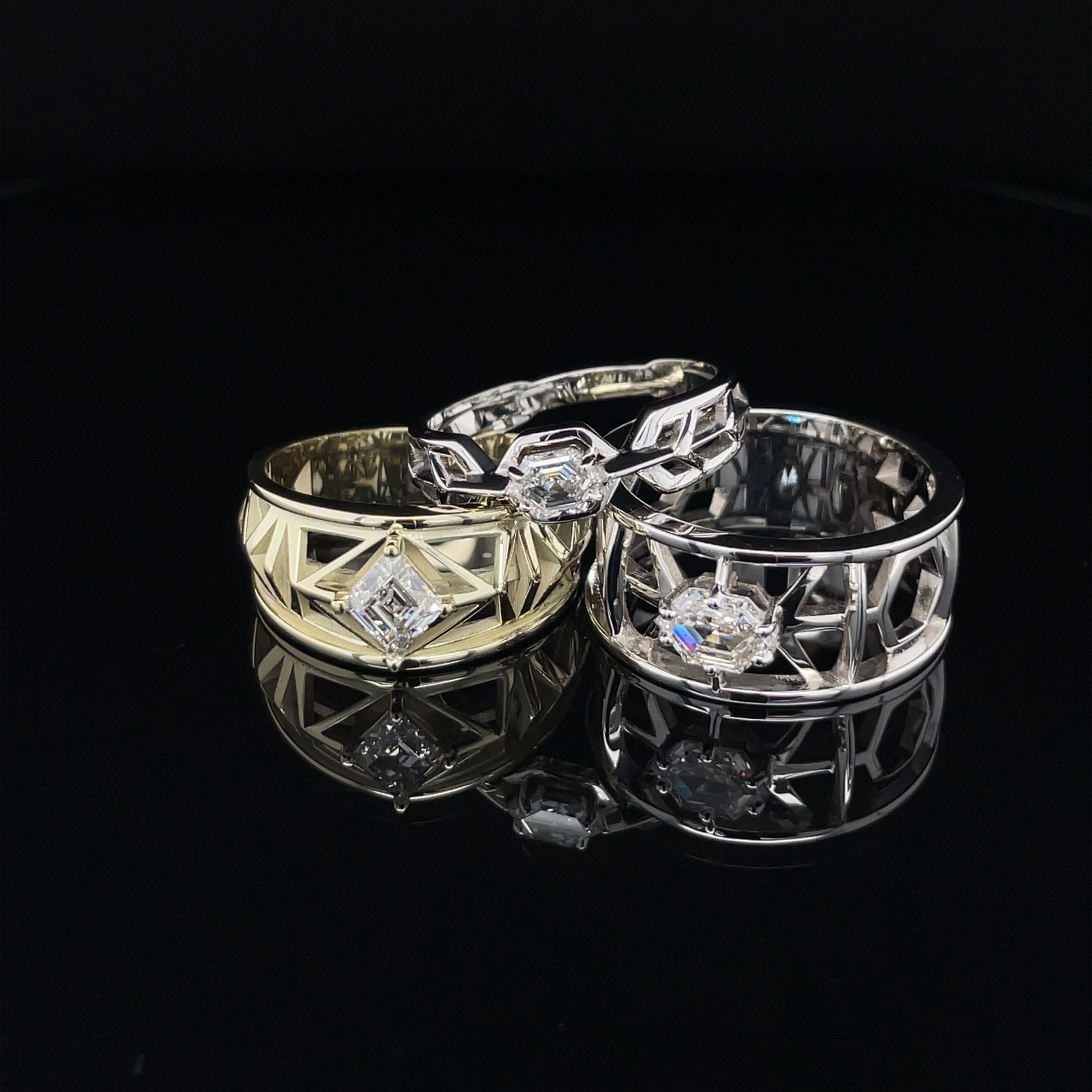
Leave a comment
This site is protected by hCaptcha and the hCaptcha Privacy Policy and Terms of Service apply.